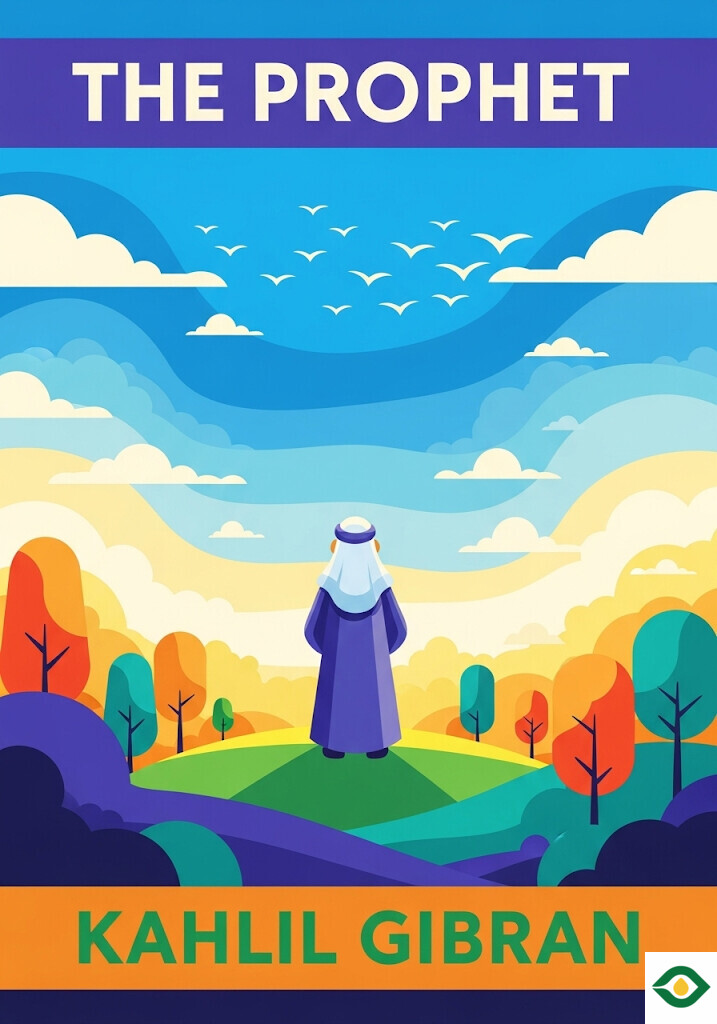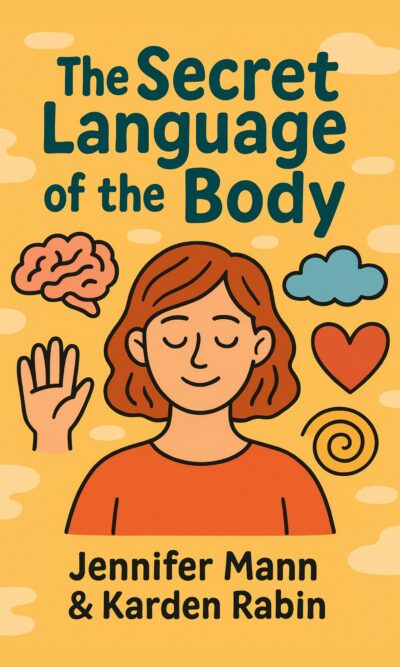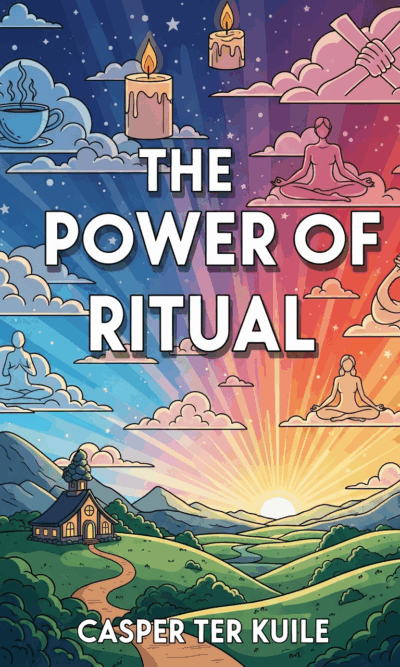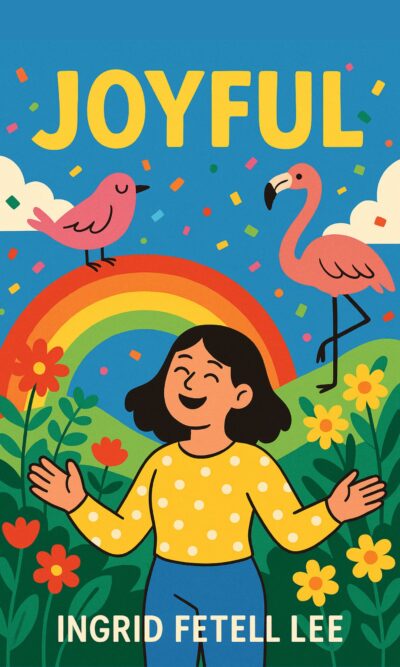Description
The Prophet by Kahlil Gibran is a book of timeless wisdom written in poetic language. It tells the story of a man named Almustafa who has lived in the city of Orphalese for twelve years. When the time comes for him to return home, the people gather around him and ask him to share his thoughts about life before he leaves. Each person asks him to speak about a different subject, and his words become lessons that touch on love, sorrow, work, friendship, freedom, beauty, time, and death.
The heart of the book is love. Almustafa teaches that love is not something we can own or control. True love is free, and it asks for nothing in return. It is a force that both lifts us and tests us, shaping our hearts even when it hurts. He reminds couples that marriage should be built on love, but not on control. Even two people who are deeply connected must give each other space to grow, just like two trees that stand near each other but do not block each other’s sunlight. Parents, too, must love without ownership. Children, he says, are not possessions. They come through their parents but belong to life itself. Parents are only guides, not owners.
Almustafa then speaks about joy and sorrow. He explains that these two emotions cannot be separated. When sorrow digs deep into us, it creates the space for joy to enter later. In this way, sadness and happiness are connected, like two sides of the same coin. Pain, too, is part of life’s growth. Pain breaks open the shell that covers our deeper understanding. Though it is hard to bear, it is also a teacher. It allows us to grow into stronger, wiser people.
The prophet also speaks of houses and clothes. He warns against forgetting our bond with nature. While homes give us shelter, they can also make us forget the forests, the fields, and the open sky. He dreams of a world where people remain close to the earth, carrying the scent of soil and wind with them. Clothes, in his view, protect us, but they also hide our natural beauty. He urges us to meet life more openly, feeling the sun and the wind against our skin.
On the subject of laws, crime, and punishment, Almustafa shares bold ideas. Human laws, he says, are fragile, like castles of sand that children build and destroy. True law is simpler: do no harm and live in love. That is the natural law that life itself teaches. On crime, he reminds the people that those who make mistakes are still human, still connected to the rest of us. A person who has done wrong is like someone who stumbled on a path. Instead of judging harshly, we should see their failure as a lesson for everyone. The greatest punishment is not prison or pain—it is the weight of one’s own regret.
Reason and passion are also important themes. Reason, he says, is like the rudder of a ship, while passion is like the sails. A ship cannot move without both. If we only have reason, we are stuck in one place. If we only have passion, we may move wildly without direction. Both must work together to guide us through life.
Friendship, for Almustafa, is one of life’s sweetest gifts. Friends should not be people with whom we waste time, but people with whom we share our best hours. True friendship brings laughter, comfort, and honesty. It is not about possession or control, but about freely sharing joy. He also warns that talking too much can keep us from true connection with ourselves. Silence, he says, is where the spirit lives. Often we talk to hide from our own thoughts, but silence allows us to discover who we really are.
Pleasure and beauty are also embraced by the prophet. Pleasure is not to be feared or rejected. It is part of life’s balance, like the bee enjoying nectar from a flower. Both the bee and the flower find joy in the giving and receiving. In the same way, humans should accept pleasure as a natural and good part of existence. Beauty, too, is not found in outward things alone. It is felt in the soul. True beauty is life itself revealing its sacred face, reminding us that all existence is holy.
As Almustafa prepares to leave, he speaks of time and death. He tells the people that time is not something to measure or divide. The soul within us is timeless, and life is eternal. When we measure time too closely, we forget this truth. Death, he says, is not an end but a passage. It is like a river flowing into the sea. Just as joy and sorrow belong together, so do life and death. Death frees the soul, allowing it to rise without limits. Instead of fearing death, we should welcome it as part of the eternal cycle of existence.
The book ends with a reminder that everything in life is connected. Opposites like joy and sorrow, reason and passion, life and death are not enemies. They complete each other, and together they make life whole. The foundation of everything, though, is love. Love runs through all things, uniting them and giving them meaning.
In simple words, The Prophet is not just a book but a companion for life. It teaches us to live with freedom, to love without control, to accept sorrow as part of joy, and to embrace both life and death as parts of the same journey. That is why even after more than a hundred years, its wisdom still feels alive, and it will continue to guide people for generations to come.





